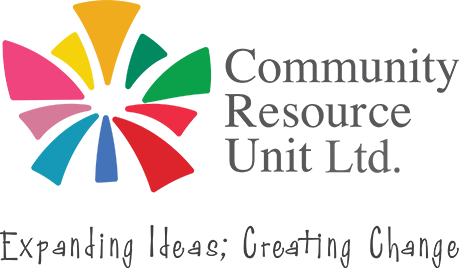
Newsletter ten:
Inclusive Education is a Global Movement
Queensland has a very progressive Inclusive Education policy – one which has stood out internationally as a strong public commitment towards inclusive education. In the words of the Inclusive education policy, this policy “commits the department to continuing our journey towards a more inclusive system at policy and regional levels, and as part of our everyday practice in schools, educational settings and classrooms”.
In this newsletter, we have chosen to review inclusive education practice in a number of countries in order to explore: What will drive the system transformation needed so every child experiences the promise of Queensland’s inclusive education policy? By looking outside Queensland and Australia, we want to explore the progress of inclusive education policy over time, both through discussion of policy and advocacy, and through experiences of children with disability within those systems. We recognize this is a far from comprehensive view of an international movement towards inclusion that has spanned decades. We also acknowledge that in any system, even in the same region or school, practices can vary, resulting in mixed experiences for students with disability.

Queensland's Inclusive Education Policy
When Queensland’s Department of Education released their Inclusive Education Policy in May 2018, it became the first state in Australia to explicitly define inclusive education in accordance with the United Nations Convention on the Rights of Persons with Disabilities. The department’s commitment to inclusive education means that children and young people across Queensland, from all social, cultural, community and family backgrounds, and of all identities and all abilities can:
- Attend their local state school or education centre and be welcomed
- Learn in a safe and supportive environment, free from bullying, discrimination, or harassment
- Access and participate in high quality education and fully engage in the curriculum alongside their similar-aged peers
- Achieve academically and socially with reasonable adjustments and supports tailored to meet their learning needs
The challenge in getting policy to translate into practice in every state school means that, in 2022, many families will still find inclusive education is not automatically granted for their children with disability. The Department of Education’s renewed ‘Every student with disability succeeding plan’ maps out the next phase of reform, and hopes to further embed policy into practice.
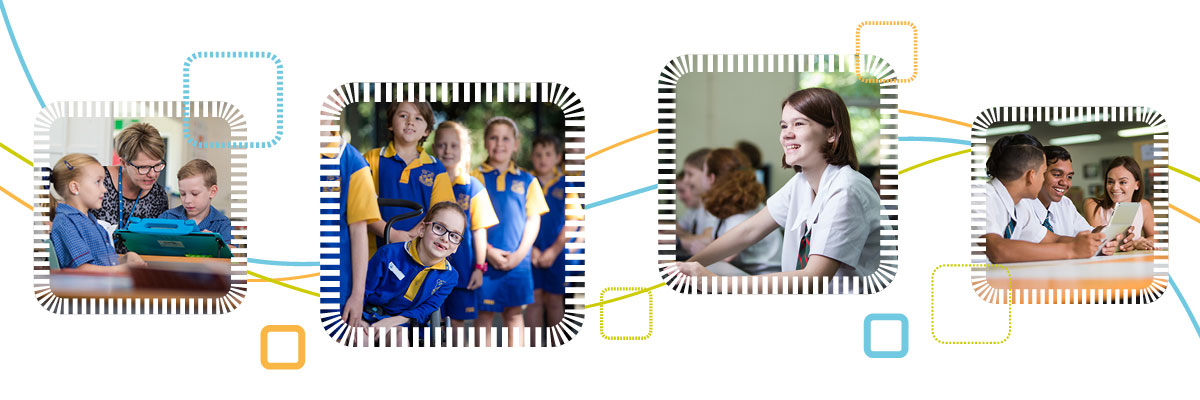
Image 2: Queensland Government Education
CRU’s Families for Inclusive Education project supports this transformation towards a more inclusive school system by increasing the knowledge and skill of parents. As we will see from other examples across the world, disability advocates (including people with disability and families) play a critical role in systemic change. To read more on the UNCRPD Right to Inclusive Education, see General Comment no 4.
Global Issues and Controversies: United Kingdom?
At one time, the UK was a leader in the inclusive education movement. The Warnock Report 1978 stated that ‘special education’ (meaning education of children with disabilities) should be provided in mainstream settings, acknowledging up to 20 percent of English children would have ‘special educational needs’ (historical language used in the report) at some point during their education.
Legislation in the 1990s firmly supported the education of children with disability in mainstream schools, but the experience of actual inclusive practice still varied greatly. The “mainstream” often reflected “integration” rather than inclusion. The gap led to disabled people coming together to form The Alliance for Inclusive Education (ALLFIE) in 1990. Through this alliance, disabled advocates shared their own personal stories of cruel experiences of segregated education and advocated loudly for a truly inclusive education for all children.
To push a good policy into widely accepted practice, ALLFIE published in 2004 ‘Snapshots of Possibility’ showing real examples of inclusive education practice in 21 schools, and led the ‘We Know Inclusion Works’ march in 2008 to reaffirm the government’s commitment to inclusive education.
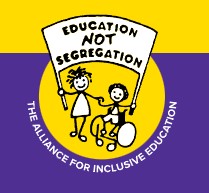
Unfortunately progress towards inclusive education was halted with a change in government, who in 2010 disappointingly declared they would “remove the bias towards inclusion”. In 2022, ALLFIE continues to fight “deeply discriminatory systematic barriers which unfairly lock disabled pupils and students out of mainstream education”. United Kingdom’s reform history warns families and inclusion advocates of the need to be vigilant, even in the presence of clear policy.
"Axel" Documentary Short Film from USA
In the USA, full time inclusion of students with disabilities in ‘general education classrooms’ varies greatly between states and school districts, despite the 2004 Individuals with Disabilities Education Act (IDEA) stating that children with disabilities should be placed in the ‘Least Restrictive Environment’ (LRE).
Dan Habib is a father, film maker and inclusive education advocate. He advocated for his own son Samuel (now an adult) to be included in general education. Through his films, he often positions inclusive education and the end to segregation as part of a broader civil rights movement. His company name ‘Like Right Now Films’ reflects urgency and “the need to make our society more inclusive of people with disabilities. LIKE RIGHT NOW.”
One of his short documentaries called “Axel” focuses on a fifth grader and the supports and accommodations that his school used to include him in the general fifth grade curriculum and school life. It is a story of one child being included and powerfully depicts the importance that inclusion plays in a child’s life and the impact on classmates and community. Overcoming challenges and staying focused on why inclusion matters are critical in achieving inclusion for individual students, but also for system reform.
Cultural Shifts and Real Change: Examples Canada and Italy?
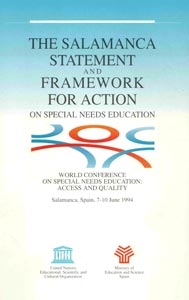
Inclusive education is not new or untested! Indeed, there is now many decades of research on the comparative benefits of inclusive education. There is also long-standing international recognition, captured by UNESCO’s 1994 Salamanca Statement that educating all students in regular schools delivers the most cost effective and efficient education system, while also “combating discriminatory attitudes, creating welcoming communities, building an inclusive society and achieving education for all”. Nevertheless, only a few governments have tackled the task of moving to a single inclusive education system.
Italy closed its special schools in 1977 (see more on Italy's Legislation and Policy) followed by special classes over the following decade. 99.6% of learners with disability are in regular schools. By law, Italy requires full integration of students with disabilities with typically developing peers, at all levels of education and in all aspects of school life. However, the challenge continues for the Italian education system to move completely from integration to inclusion. Getting support for students is still based on a medical model (deficit based) of disability, and while classes have both a general teacher and a support teacher (trained in education for students with disability) there persists a culture of the support teachers’ primary role being the instruction of students with disability, rather than both teachers co-teaching the entire class. You can read more about Italy’s inclusive education history, the positive impacts as well as the current challenges here.
Jody Carr was the Education Minister of New Brunswick, Canada, when the province transformed its education system to be fully inclusive under Policy 322. On Monday the 13th of November, Jody Carr presented at the ‘National Inclusive Education Symposium’ hosted by Family Advocacy (NSW) in Sydney 2017, on the catalysts for change in New Brunswick, and what it took to plan and implement an inclusive education system. Watch the full presentation below (start at 31:13).
Jody Carr emphasized that legislation is only one part of the transformation to a fully inclusive system, with continued advocacy being key to inclusion in practice. His advice: “broaden the tent” – we need to remember that inclusion is about ALL, everyone must be included, so it is imperative our focus is not just on the inclusion of students with disabilities. He also encourages us to “find common ground with those ‘against’, to really explore what they see as barriers, so we can keep removing these barriers to include all.
In Australia, the Australian Coalition for Inclusive Education is actively advocating for change through its Roadmap for Achieving Inclusive Education in Australia.

Showing What's Possible - Inclusive Tertiary Education?
Increasingly, young people with disability, including those with intellectual and developmental disability, are taking up their rightful place in tertiary education. The province of Alberta in Canada has led the way in inclusion in post-secondary education, due to the work of Inclusion Alberta.

Advocating for inclusive education for over 30 years, Inclusion Alberta has found there have often been less barriers presented by tertiary education institutions to the inclusion of people with significant impairments, than in primary and secondary education institutions. This story of Albertan universities and colleges successfully including adults with significant intellectual and developmental disability over decades raises questions around why there remain such hurdles to inclusion for any students with disability in our schools – and why tertiary inclusion is not more widespread.
Here in Australia, Rachel High a woman with Down syndrome, graduated from Flinders University in 2021, and highlighted the need for universities to improve access to students with intellectual impairments in her Thesis Paper. With other initiatives, like Sydney’s Uni 2 beyond program, showing the benefits of inclusion post-school, we believe there is no ceiling to what students with disability can achieve with the right welcome and supports.
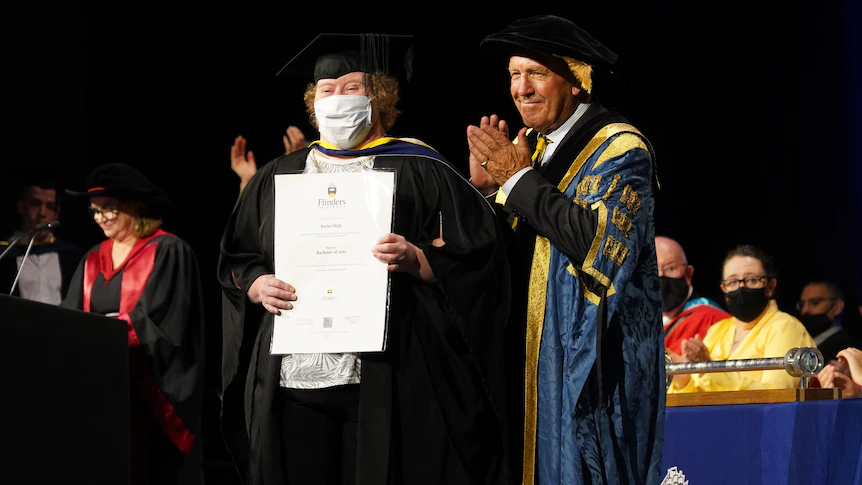
Disability Royal Commission - Australia
The Royal Commission into Violence, Abuse, Neglect and Exploitation of People with Disability (DRC) is currently active and receiving submissions until 31st December 2022. Registrations for private sessions with a commissioner close on 30th June. The last public hearing into the experience of students with disability in education settings is being held from 6th-10th of June.
For those advocating for positive change towards inclusive education (and more broadly wanting to see improved access to inclusion, rights, and protections for people with disability), the Disability Royal Commission provides an important avenue to uncover the current systemic barriers and what would make a difference.
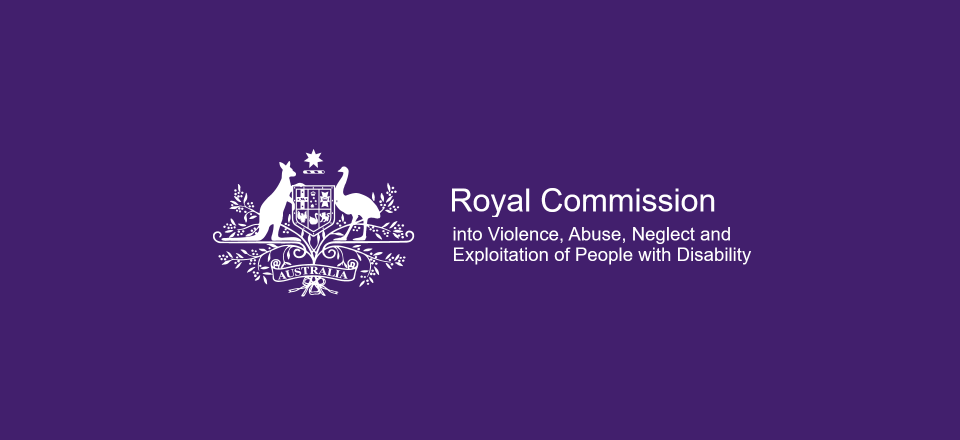
CRU Families Updates
Our Term 3 workshops, and other CRU events, will be found on our website.
We look forward to working with families and allies to ensure all children have access to a high quality, inclusive education – as is their right.
This look at inclusive education around the world has highlighted the importance of holding a vision that inclusion is always possible; that policy alone does not deliver inclusion; that our schools are better when everyone is there; and that we need to go beyond thinking of the models and “challenges” to imagining inclusive possibilities. Transformation of our school system will require the voices of students and families to be heard and upheld, and opportunities to come together to design a school system where all are valued, all are supported, and all belong.
CRU has received an extension of funding from the Department of Education for the ‘Families for Inclusive Education’ (FFIE) project until end of September, so we look forward to seeing you online or in person, or talking to you on the phone, in Term 3. Don’t forget you can find past newsletters, online learning modules and recorded webinars, and lots of videos and articles on our resource site.
